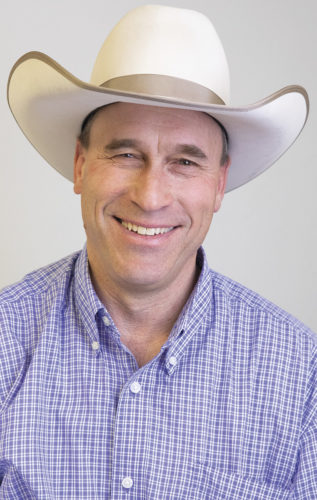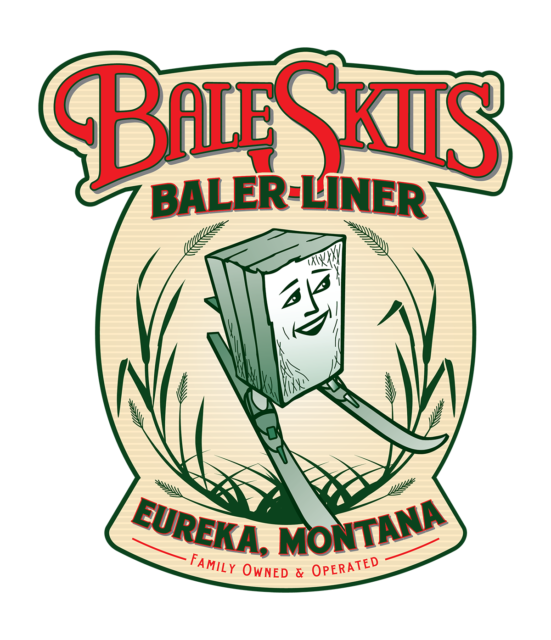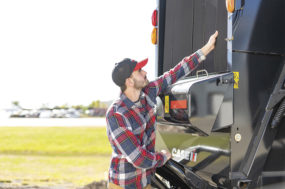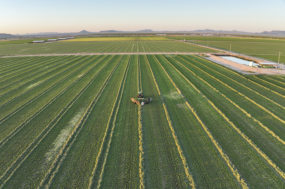There were a few days at the end of October with highs near 70 and lows around 50 at night. It was just like I’d drawn it up.
I wish I could say I incorporated all of the latest and best holistic management techniques when we weaned, but we aren’t really set up so we could fenceline wean to make the separation of mamas and babies a seamless, painless transition. It seems I’m lucky if I can keep the cows in a pasture with belly-high grass, a creek running through it and six tight wires on all sides.
I’d have little hope of avoiding a big-time catastrophe if I were to try to keep cows and calves on opposite sides of any fence on our place. Nevertheless, we had a pretty good plan devised where we sorted the calves right off the cows and hauled the calves away.
The cows were pretty much content to hang around near the spot where they’d last seen their calves. After three or four days, they ceased bawling and carrying on and spread out to take advantage of whatever feed was left amongst the sagebrush and cheatgrass.
We hauled most of the calves to a little feedyard several miles from the home place. But we sorted off a few dinks and leppies to keep in the pens next to the house, where we could give them a little extra attention and TLC. This works pretty well if you pay attention to things and don’t put too many critters in a pen.
Probably the most important detail is the water. We don’t have automatic waterers in the pens, so the watering has to come from a garden hose attached to a hydrant adjacent to the pens. I usually check the water every morning and night and make sure there’s plenty of water for the calves.
It’s not really a complicated job, and it doesn’t take much more sense than I possess, even on my worst days. The uncharacteristically nice, warm late fall weather that visited us, however, had lulled my usually sharp senses into a false sense of security. It doesn’t require a whole lot of training or an advanced degree in physics to turn a water hydrant on and off.
It does require a little savvy and common sense, however, to remember to drain the hose after each use if the weather is cold enough to freeze water in a hose. Therein lies the rub. I’m usually at least as smart as a politician with fair to middling intelligence. Sometimes, though, I’m about as sharp as a marble.
One night after chores, I neglected to drain the hose. The next morning, I found my Indian summer had gone south for the winter. I turned the hydrant on to top off the water tanks, but the sight of my breath hanging in the air, the stiff hose and the fact I couldn’t feel my fingers clued me in to the reality that the hose was frozen.
I broke the ice on the troughs and moved on to whatever else I had planned that day. I had a meeting of some sort in town that afternoon and didn’t make it back home until well after dark. My wife called me as I was driving home and asked if she could help with the chores, since I was running late.
I asked her if she wouldn’t mind feeding the dogs and watering the misfits and leppies. That would save me some time when I got home. My science lesson for that day was: Water freezes at 32ºF. When the temperature is warmer than 32ºF, water returns to its liquid form.
An open valve will allow water to run until said valve is closed again. As it turns out, the simpleton who forgot to drain the hose the previous night was the same halfwit who forgot to turn the hydrant off when the hose was frozen. When it warmed up, the hose thawed, and the water ran in the pen for most of the day. The calves had plenty of water, but the pen was transformed into my own personal Okefenokee Swamp. The Mrs. was really impressed.
Aside from the obvious practical lesson, of which I was reminded every day for a week when I had to wade through a mess of my own making, I believe I may have learned something that hopefully will leave a more lasting impression on my conscience. Everything I do or say is going to leave some sort of mark.
There are consequences, good or bad, to every action. If I berate my son for doing something stupid, like leaving the water running in the calf pen, or make fun of the freshman on the J.V. team because she can’t make a left-handed layup, I may not see any damage, but it’ll show up eventually.
The same can be said of a good deed or a kind word. That’s something that should be remembered every day of the year, not just the 30 or so days around the time we celebrate the birth of the most selfless person to ever be born.
Merry Christmas. ![]()

-
Paul Marchant
- Writer
- Progressive Forage
- Email Paul Marchant











